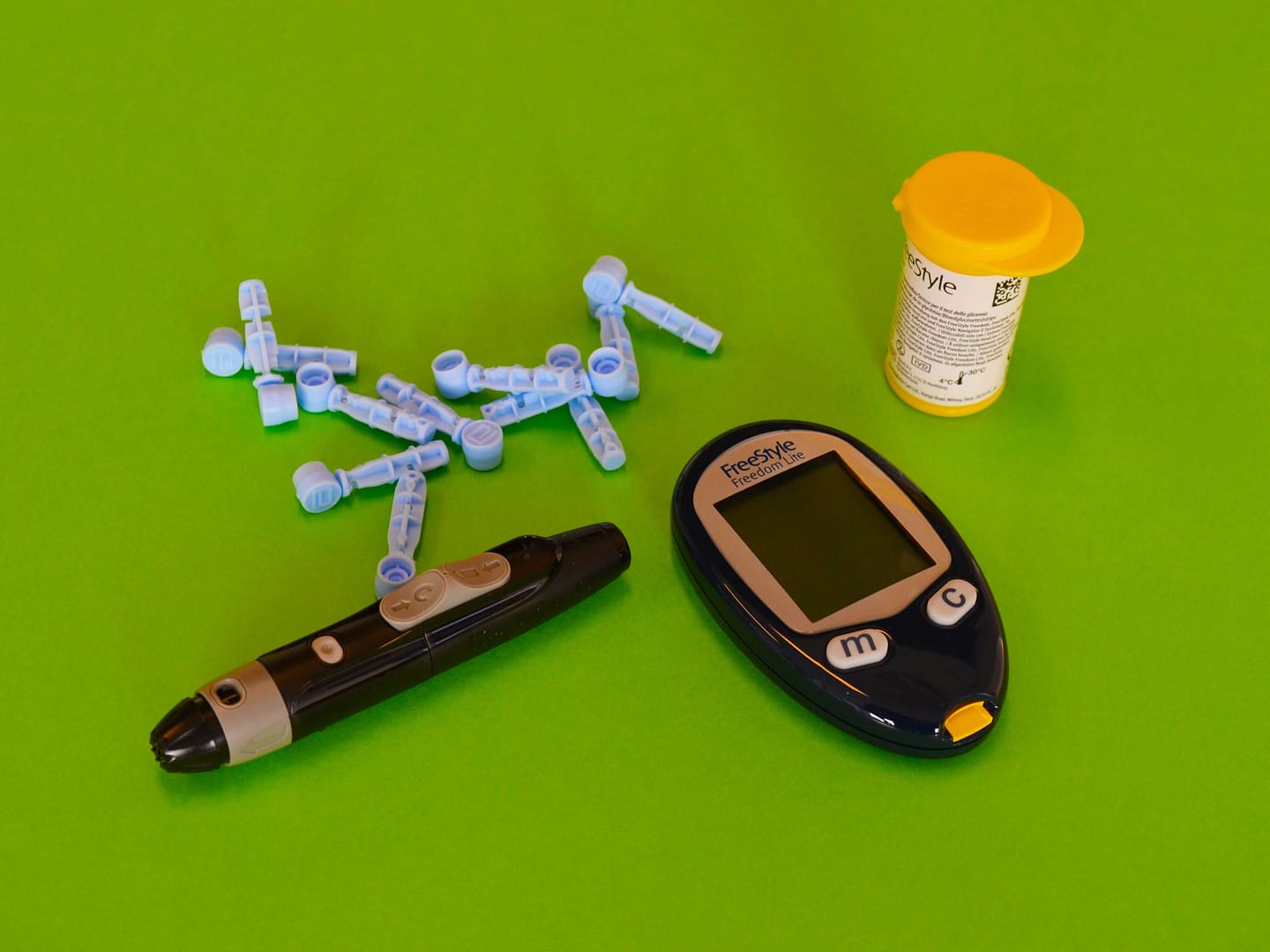Diabetes misdiagnosis is a serious issue that can have devastating consequences, including the tragic possibility of amputation. Diabetes affects your body’s ability to produce or effectively use insulin, a hormone needed to regulate blood sugar. When misdiagnosed or left untreated, too much sugar in your system can damage blood vessels and nerves, particularly in your extremities, such as your feet and legs. We will also explore the best steps to take when making a serious injury claim.
What is Diabetes?
Understanding diabetes is crucial for managing the condition effectively. Here’s a breakdown of the two main types:
Type 1 Diabetes:
Typically emerging during childhood or adolescence, Type 1 diabetes occurs when the body stops producing insulin altogether. This means individuals with this condition rely on daily insulin injections or an insulin pump to regulate their blood sugar levels and sustain life.
Type 2 Diabetes:
The more prevalent form of diabetes, Type 2, is often associated with lifestyle factors such as poor diet, lack of exercise, and obesity. In this condition, the body either doesn’t produce sufficient insulin or becomes resistant to its effects, making it challenging to maintain stable blood sugar levels.
Understanding these distinctions can help guide effective management and treatment strategies.
Receive a Call About Your Claim
Common Symptoms of Diabetes
Diabetes can present a range of symptoms, some of which can be mistaken for other conditions. Be aware of these common signs:
- Increased thirst and frequent urination
- Extreme fatigue
- Unexplained weight loss
- Slow-healing wounds or cuts
- Blurred vision
- Tingling, pain, or numbness in the hands or feet
If you experience any of these symptoms, see your GP for testing as soon as possible.
How Misdiagnosis Happens
Sadly, diabetes misdiagnosis happens more often than you might think. Here are a few reasons why:
- Confusing Symptoms: Diabetes shares symptoms with other conditions, making it tricky to pinpoint without proper testing.
- Insufficient Testing: Some doctors may not order the specific blood tests needed to diagnose diabetes.
- Dismissing Patient Concerns: Occasionally, patients’ symptoms may not be considered as seriously as they should be, leading to delayed diagnosis.
The Link Between Diabetes and Amputation
Think of high blood sugar as a slow-acting toxin, particularly harmful to the nerves in your legs and feet. This condition, known as diabetic neuropathy, can lead to a range of serious problems:
1. Numbness and Loss of Sensation
Diabetic neuropathy often causes numbness, making it difficult to feel blisters, cuts, or even debris in your shoe. Left unnoticed and untreated, these minor issues can escalate into severe complications, including infections and ulcers.
2. Changes in Foot Structure
Nerve damage weakens the muscles in your feet, sometimes resulting in deformities like hammertoes or Charcot foot. These changes alter weight distribution, increasing the risk of pressure sores and further complications.
3. Restricted Blood Flow
High blood sugar damages blood vessels throughout the body, and reduced blood circulation to your feet has significant consequences:
- Slow Healing: Even small cuts can take a long time to heal, or fail to heal entirely, heightening the risk of infections.
- Tissue Death (Gangrene): In severe cases, poor circulation can lead to tissue death. If untreated, this may necessitate amputation to prevent the spread of infection or save a person’s life.
4. Increased Risk of Infection
Diabetes compromises the immune system, leaving you more susceptible to infections—especially in the feet. Reduced sensation means injuries may go unnoticed, while impaired healing can allow infections to worsen. Severe infections may spread to the bone, often leaving amputation as the only viable option.
Preventing Amputation
The good news is that diabetes-related amputations are often preventable with proper management and care. Here are crucial steps to take:
1. Early Diagnosis and Treatment:
The sooner diabetes is diagnosed, the sooner you can start managing your blood sugar levels and reduce complications.
2. Regular Foot Checks:
Have both your doctor and a podiatrist regularly examine your feet for any signs of problems.
3. Excellent Blood Sugar Control:
Work with your healthcare team to maintain healthy blood sugar levels through diet, exercise, and potentially medication.
4. Quit Smoking:
Smoking severely restricts circulation and worsens diabetes risks.
Making a medical negligence Claim with National Claims
At National Claims, we understand that the consequences of medical negligence can be devastating. If you have experienced pain, further health complications, or emotional distress due to a fat transfer procedure gone wrong, our team is ready to help you seek justice and fair compensation.
Free Consultation
We start by offering a free consultation to learn about your experience. We’ll listen carefully as you explain what happened, and then assess the potential merits of a negligence claim. We’ll provide clear advice and guidance, so you can make informed decisions about your next steps.
No Win, No Fee*
National Claims believes that access to legal assistance shouldn’t be hindered by financial concerns. That’s why we offer a “No Win, No Fee” arrangement. This means you won’t pay any upfront legal costs. If your claim is successful, our fees will be a percentage of the compensation you receive.
*Customers pay up to 25% (incl. VAT) of the amount recovered towards solicitor costs and if you cancel outside your cooling off period, you may be charged a fee.
Though the risk of amputation with diabetes is real, it’s important to remember that it’s largely preventable. By knowing the symptoms of diabetes, advocating for yourself with healthcare providers, and taking proactive steps to manage the condition, you can significantly reduce your risk of complications.
If you suspect you may have diabetes, don’t hesitate to seek a diagnosis. And if you have been affected by a misdiagnosis, know that you are not alone. Support, resources, and the potential for legal recourse are available. Remember, knowledge is power when it comes to protecting your health.
Contact us today to speak to one of our claims agents who will be able to help you get started on your claim.
Click below to see why we are one of the most trusted claims management companies in the UK.

We’re proud of our excellent customer reviews
We thrive on delivering exceptional service and ensuring our clients’ satisfaction. Don’t just take our word for it. Check out some of our independent reviews to see what our clients have to say.
Excellent

This firm is excellent, they sorted out my car pay out and injury claim very fast, they always communicate with you all the time.

My accident case was dealt with confidence and with great result of the outcome, especially James kept me informed all the time.

I was very impressed at the way my inquiry was treated. I was listened to attentively and everything I needed to know was explained to me.






